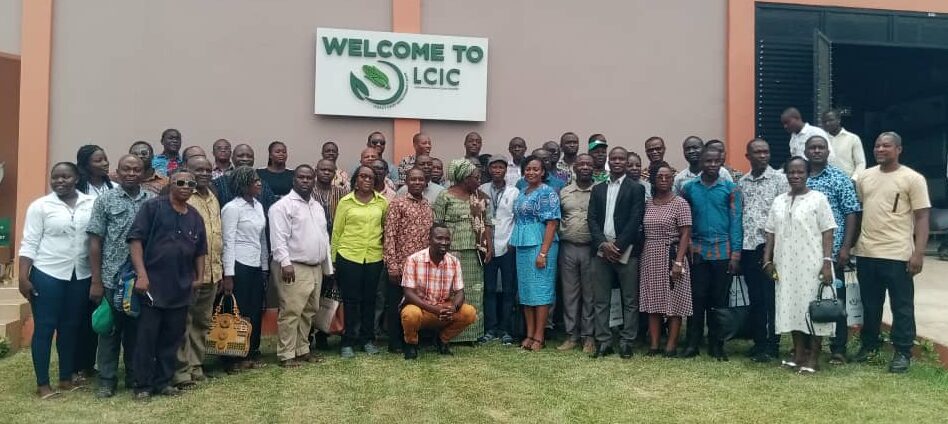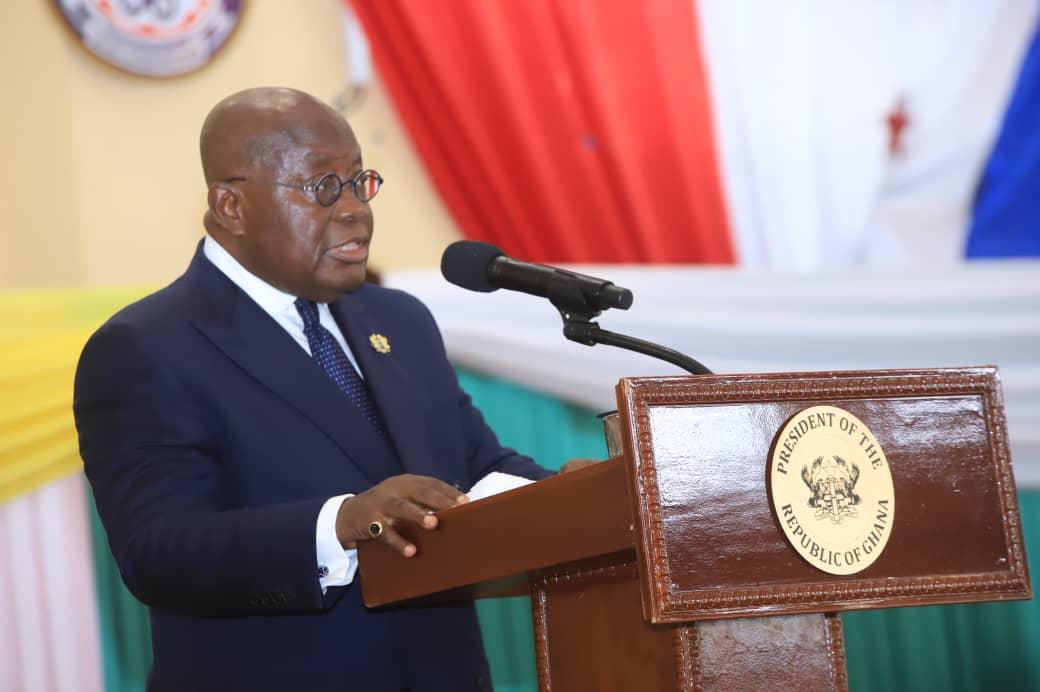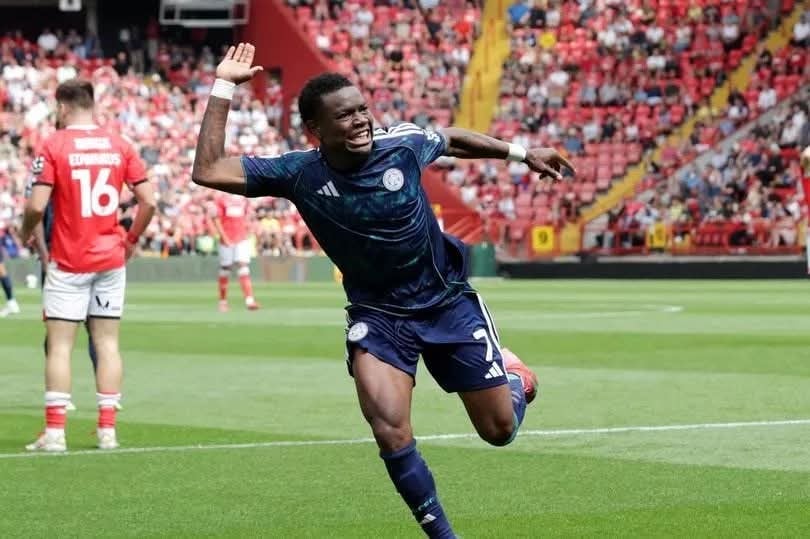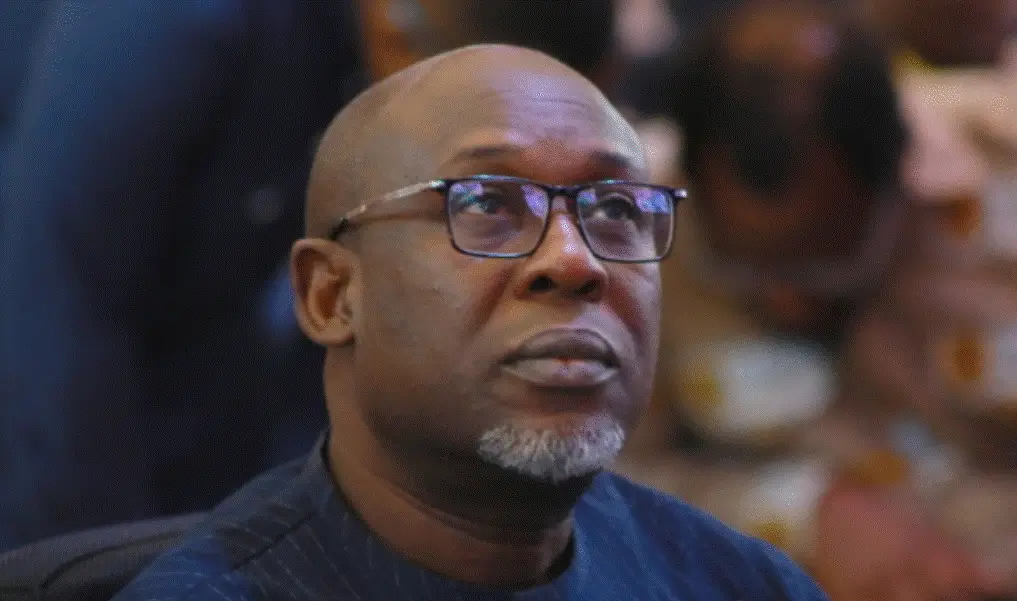
The Director-General of the World Health Organization (WHO), Dr. Tedros Adhanom Ghebreyesus, has called for a fairer global health system that allows African countries to take full ownership of their health priorities.
Dr. Ghebreyesus said sudden aid cuts were causing major setbacks in African health systems, with health workers losing their jobs, clinics shutting down, and life-saving medicines locked away in warehouses.
He warned that health aid was projected to fall by up to 40% this year making it the most severe disruption since the peak of the COVID-19 pandemic.
He was speaking at the opening of the Africa Health Sovereignty Summit held on Tuesday, August 5, 2025, in Accra.
The summit, hosted in Accra, brought together African Heads of State, health ministers, and global health leaders to discuss urgent reforms in the way health systems are governed and financed on the continent. It aims to push for reforms in global health governance and highlight national ownership, local investment, and stronger leadership in public health.
Key outcomes of the summit include the endorsement of The Accra Initiative, the launch of the SUSTAIN Initiative to promote domestic health financing, and the formation of a Presidential High-Level Panel. The Accra Compact, a document outlining Africa’s unified vision for health sovereignty, was also adopted.
The Director General stressed that the crisis presents an opportunity for Africa to move away from dependency on foreign aid and embrace a new era of self-reliance and sovereignty.
He praised countries like Ghana for stepping up domestic investment in health, especially after Parliament passed reforms to increase funding for the National Health Insurance Scheme.
This action he said demonstrated what health sovereignty looked like.
He emphasized that Africa did not lack capability, but rather needed fair terms and a stronger voice in shaping global health policies.
“Africa does not need charity. Africa needs fair terms” he reiterated.
Dr. Ghebreyesus revealed that up to 13% of health budgets in low- and middle-income countries go unspent due to weak public financial systems.
He mentioned that WHO was working with governments to improve this through better budget planning, health taxes, and digital financial systems.
He highlighted that in 2023, Africa received $74 billion in aid but lost $90 billion to illicit financial flows and $55 billion to corporate tax exemptions, an imbalance he described as unacceptable.
The WHO boss urged global leaders to stop bypassing national systems and instead support country-owned, sustainable health programs.
He ended by saying that health was not a cost to be cut, but an investment in people and prosperity.
Also addressing the summit, the former UK Prime Minister and current WHO Ambassador for Global Health Financing, Gordon Brown, warned that recent cuts in global aid were threatening decades of progress in Africa’s health sector.
He said vital initiatives like Ghana’s Community Health Planning and Services (CHPS) compounds were at risk.
Mr. Brown said the issue was not just about money but a deeper failure in global solidarity.
He argued that African countries must no longer be treated as passive recipients of help but should lead in shaping their own health systems.
He described the summit as more than a policy meeting. “it was a moral call to action and a turning point for the continent” he mentioned.
He described health as a “currency of dignity” and called for long-term solutions that place African countries in full control of their health destinies.
By: Jacob Aggrey
The post “Africa does not need charity, Africa needs fair terms” – Director-General, WHO states appeared first on Ghanaian Times.
Read Full Story















Facebook
Twitter
Pinterest
Instagram
Google+
YouTube
LinkedIn
RSS